Read
By Rosayra Pablo Cruz and Julie Schwietert Collazo (HarperOne, 2020)
The Book of Rosy is a tale of two mothers.
When Rosayra Pablo Cruz, a Guatemalan small business owner, faced threats of violence in her hometown, she decided to make the dangerous journey to the United States with her two sons—only to meet a second trauma of detention and family separation. When Julie Schwietert Collazo, a New York-based writer and mother of three, heard Cruz’s story on local radio in 2018, she was struck by an idea: to raise the bond money so Cruz could be released from detention and reunited with her children while undergoing asylum proceedings.
This led her to form a friendship with Cruz and to found Immigrant Families Together, a nonprofit that pays the bonds of detained immigrant mothers (119 to date) and provides them with practical support once they reunite with their families. This true story reveals the human realities behind news headlines, the power of faith when confronting extreme hardship, and the great joy that comes from answering the call to serve.
“Detention, oddly, is an amazing grace,” writes Cruz of the time she spent behind barbed wire. “Slowly, often painfully, we begin to realize that what we require to survive exists inside ourselves and in our relationship with God. . . . In the moment in our lives when we are least free . . . many of us finally discover our freedom.”
For Collazo, what began as outrage at U.S. policy culminated in concrete action to make a difference. For people of faith asking “What can I do?” this book ends with practical suggestions and a reminder that we are all called to act on our convictions and serve those most in need.
By Leila Chatti (Copper Canyon Press, 2020)
I was so blown away by Leila Chatti’s new book of poetry, Deluge, that it took me two days to get past the first poem. In the poem, “Confession,” Chatti reflects on a line in the Quran spoken by Mary (the only named woman in the Quran) as she gives birth to Jesus: “Oh, I wish I had died before this and was in oblivion, forgotten.” Chatti writes, “(oh Mary, like a God, I too take pleasure / in knowing you were not all / holy, that ache could undo you / like a knot).” This picture of Mary is so true and raw that I couldn’t help but sit with the image, revisiting the poem several times before moving on to the next. I found myself doing this again and again as I slowly made my way through Chatti’s collection of 52 poems.
In her early 20s, Chatti, a Tunisian American with a Catholic mother and Muslim father, started bleeding and did not stop for years. Eventually diagnosed with uterine tumors, she suffered daily symptoms for almost three years. Because the topic of women’s health is often still taboo, Chatti was frequently told to be quiet about her disease. Deluge is an attempt to make sense of her illness in the face of pain, embarrassment, and fear. The book tackles issues of grief, loss, faith, and gender. Chatti’s poems range from scriptural meditations on the Quran and the Bible to efforts at understanding medical terminology.
In “Awrah,” Chatti writes of seeking reassurance “that one can truly suffer, can bleed / and bleed as if gutted / by the blade of God’s command, / and still be loved by God / and, more
importantly, love Him back.” For anyone who has wondered the same in their own life, Chatti’s poems offer solace and solidarity.
By Terry Eagleton (Yale University Press, 2020)
Renowned literary critic Terry Eagleton explores tragedy in Western culture and demonstrates its origins as a political art form that responds to times of major transition.
By Jesmyn Ward, Illustrated by Gina Triplett (Scribner, 2020)
Acclaimed novelist and memoirist Jesmyn Ward shares an illustrated version of her 2018 commencement speech to Tulane University graduates about the value of hard work and strong family bonds.
God in Gotham: The Miracle of Religion in Modern Manhattan
By Jon Butler (Belknap Press, 2020)
This book traces the transformation of organized religion in Manhattan from the 1880s to the 1960s and shows how faith flourished not in spite of modernity, but because of it.
Listen
M. Ward (Anti/Epitaph, 2020)
Given the current political climate and how forcefully Pope Francis and the U.S. bishops speak about issues concerning migrants, the title Migration Stories may bring certain expectations to Catholic listeners. Has M. Ward used his considerable stylistic gifts to highlight stories of people looking for better lives across the borders that divide our world? Song titles such as “Rio Drone” and “Unreal City” hint at this direction. However, although a journey motif can be discerned in the lyrics, the journey in these songs is more spiritual in nature.
The opening song, “Migration of Souls,” sets the tone. An airy acoustic guitar backed by a gentle hum leads into the portentous lyrics: “Sailing on past / space and time, that’s / how I’ll get back to you.” The separation in this song is meaningfully ambiguous. Is it of families across borders or of loved ones separated by death? The song doesn’t say but offers the hope of being reunited.
The spiritual dimension continues in Ward’s playful “Heaven’s Nail and Hammer.” Somewhere between a work song and an indie spiritual drenched in reverb, the song imagines the lights in the night sky to be openings to heaven made by a heavenly work crew. Again, Ward strikes a hopeful note, suggesting we may all one day get the chance to join in that beatific work.
Migration Stories varies in style and subject matter, as one might expect from Ward, who has made popular Christmas albums with the band She & Him. For example, Migration Stories has a lovely instrumental piece inspired by a Wallace Stevens poem and a cover version of the old country song “Along the Santa Fe Trail.” Music nourishes the soul. Whatever journey our souls might be on, this music does its part to help.
—Father John Christman, S.S.S.
Watch
Directed by Rachel Dretzin and Phil Bertelsen (Ark Media, 2020)
Who Killed Malcolm X? has already achieved a great impact. Based on the docuseries’ evidence, New York City district attorney Cyrus Vance Jr. reopened the investigation into Malcolm X’s murder.
Despite this welcome and overdue development, the six-episode Netflix series comes across as self-congratulatory and overhyped. Its release in February coincided with the 55th anniversary of the African American liberation activist’s February 21, 1965 assassination at Harlem’s Audubon Ballroom.
Directors Rachel Dretzin and Phil Bertelsen place historian Abdur-Rahman Muhammad at the drama’s center to pursue the documentary’s titular question. Archival footage and interviews with eyewitnesses and historians reveal investigators largely came to the wrong conclusion in the first investigation.
In his life’s final year, as Who Killed Malcolm X? excellently portrays, the former Nation of Islam minister was a marked man. Chastened by the Nation for his famous “the chickens coming home to roost” comment after President Kennedy’s 1963 assassination, in 1964 Malcolm split with the Nation, concerned about its leadership’s financial and sexual improprieties.
The FBI and New York Police Department viewed Malcolm as dangerous. Surveilling him and sowing enmity between Malcolm and the Nation, they and the Nation bear responsibility for Malcolm’s death, according to Baltimore City Community College professor Zak Kondo.
Viewers, however, should regard skeptically Pulitzer Prize-winning author David Garrow’s remark that historian Muhammad “is the leading expert” on Malcolm’s assassination. To gauge Malcolm’s substantial, involved, and controversial legacy, viewers should listen to competing voices. A piece of the truth, Who Killed Malcolm X? isn’t the subject’s last word.
These reviews also appear in the September issue of U.S. Catholic (Vol. 85, No. 9, pages 38-39). Click here to subscribe to the magazine.
Image: Unsplash



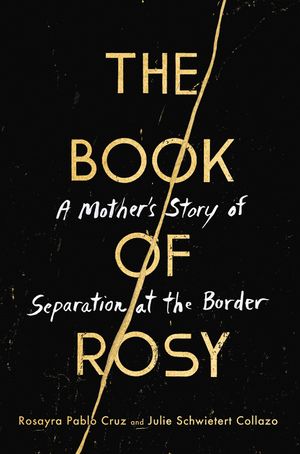
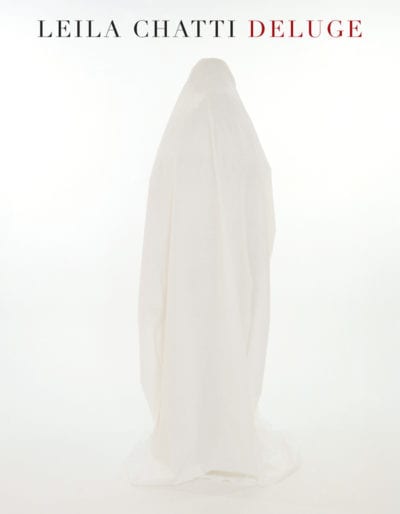
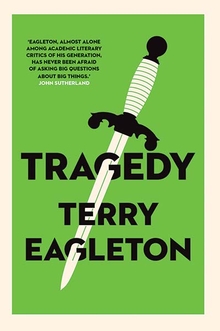
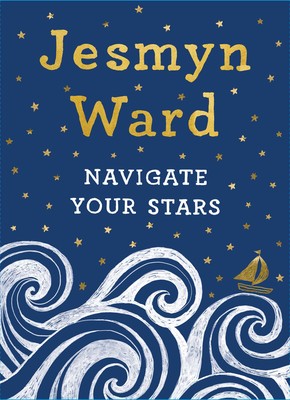
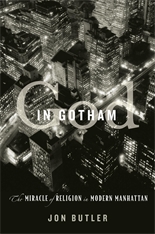
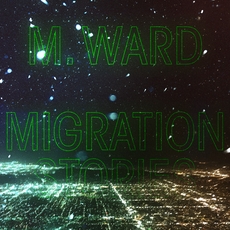











Add comment